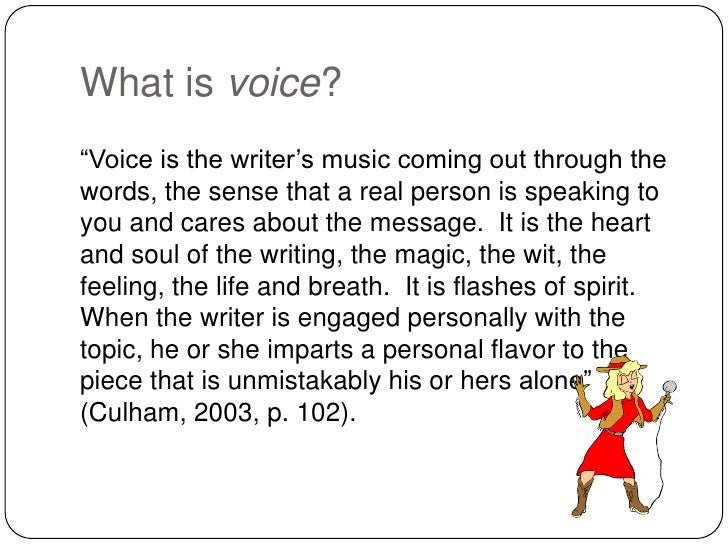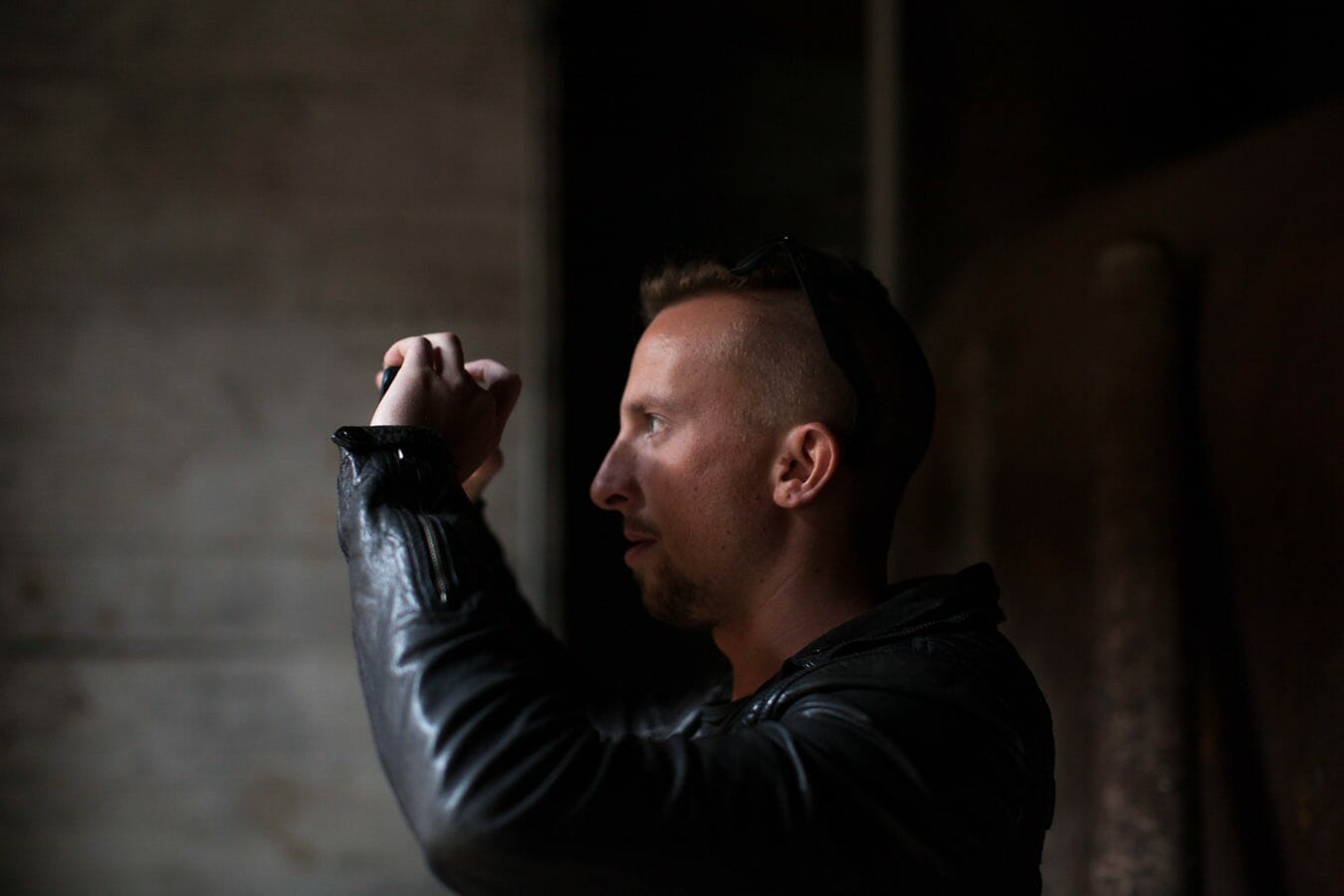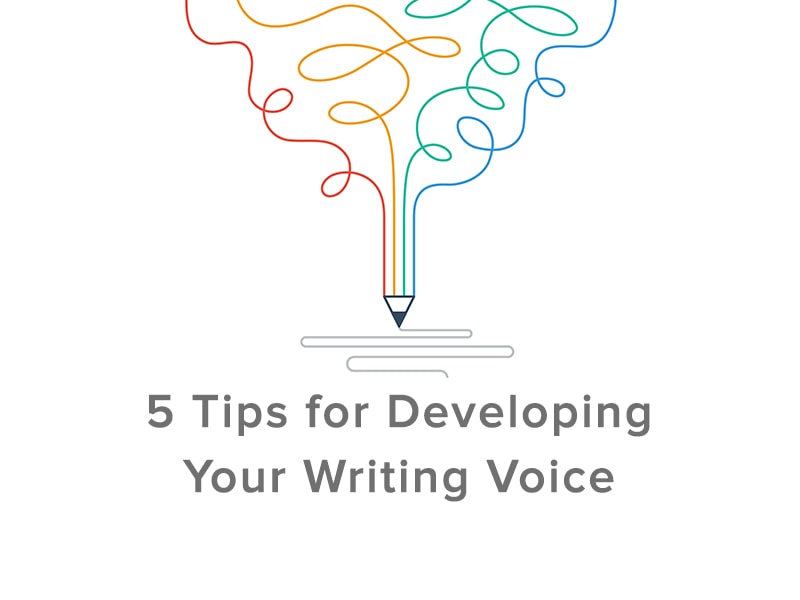Here’s A Quick Way To Solve A Info About How To Develop Voice In Writing

The 1 thing not to do to develop your writer’s voice think about who your favorite authors are.
How to develop voice in writing. In this guide, we’ll go. You’ll also want to look up specific. Talk about powerful, positive experiences your writing voice is a more heightened version of your speaking voice.
If you’ve been struggling to find your voice as a writer, you’re not alone — and we’ve got you covered. The best way to develop a relationship with this voice is to give it the respect of our attention. What three adjectives describe you best as a writer?
As i said, writing is. Understanding the concept of writing voice why your unique voice matters characteristics of a distinct writing voice examples of unique writing voices. How does a writer develop voice?
One of the best ways to develop your very own writing voice is to expose yourself to as many literary influences as possible. Copywriters, public relations specialists and technical writers are professionals commonly associated with a variety of. One of the main ways i’ve learned to access the voice of my deepest.
The definition of voice in writing is like a writer's unique fingerprint—it's the way they express their ideas. Gemalene sunga, an immunology student in houston, said she didn’t like being bombarded with a string of voice notes — her friends will send “six or seven in a row, all. There’s no real way to shortcut the process, but there are a few things you can do right.
The most important things you need to do to develop a voice in writing are to read, write, and pay attention. 5 distinctive writer’s voices 3 ways to develop your own writing voice bonus: If want to pursue a writing career, learning how to find your voice can help you connect with your audience and produce work that is unique and compelling.
Read as much as possible. As i think back to. This simple exercise can help you decide on what kind of voice you likely have.
It’s a bit of both. Usually, it just takes time. The best way to develop a voice from the 1840s or any other bygone era is to immerse yourself in writing of that time period.
Reading helps you learn other people’s voices. Voice isn't about what you say, but how you say it. Connecting with the audience establishes trust.
It’s the voice you use when you’re happy, excited,.


















